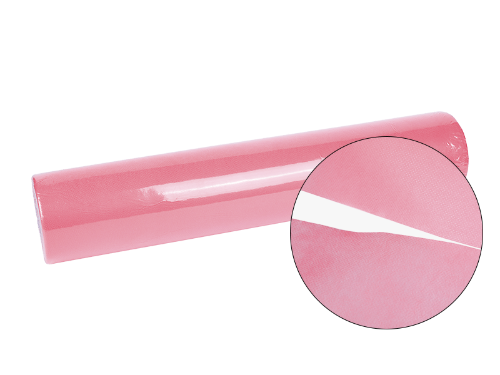
In the world of manufacturing, a quiet revolution has been brewing, and it comes in the form of industrial nonwoven fabric. This seemingly humble material has been quietly transforming industries, from automotive to healthcare, with its remarkable versatility and performance.
Industrial nonwoven fabric is a game changer in the manufacturing industry due to its exceptional properties. Unlike traditional woven fabrics, nonwoven fabrics are made by bonding or interlocking fibers using various techniques such as needle punching, thermal bonding, or chemical bonding. This results in a fabric that is strong, durable, and resistant to tear and puncture. Moreover, nonwoven fabrics can be engineered to be water repellent, flame retardant, and antimicrobial, making them ideal for a wide range of applications.
One of the key advantages of industrial nonwoven fabric is its versatility. It is used in a myriad of industries, including automotive, construction, agriculture, and healthcare. In the automotive industry, nonwoven fabrics are used for interior trims, upholstery, and filtration systems due to their lightweight nature and high strength. In the healthcare sector, nonwoven fabrics are utilized in surgical gowns, masks, and wound dressings for their breathability and barrier properties. The adaptability of nonwoven fabric has made it an indispensable material in modern manufacturing processes.

The global market for industrial nonwoven fabric has been experiencing robust growth in recent years. According to industry reports, the market size is projected to reach $45.9 billion by 2025, driven by the increasing demand for durable and cost-effective materials across various industries. With the growing emphasis on sustainability, nonwoven fabric's recyclability and ability to be produced from recycled materials have also contributed to its expanding popularity. Manufacturers are increasingly turning to nonwoven fabric as a sustainable alternative to traditional woven textiles, further propelling its upward trajectory in the market.
Industrial nonwoven fabric has emerged as a formidable force in the manufacturing landscape, offering unmatched versatility, performance, and sustainability. Its impact spans across diverse sectors, from automotive to healthcare, and its market growth shows no signs of slowing down. As we look to the future of manufacturing, it's clear that nonwoven fabric will continue to play a pivotal role, driving innovation and shaping the way products are made. With its remarkable attributes and wide-ranging applications, industrial nonwoven fabric is truly a game changer, revolutionizing the way we approach manufacturing in the 21st century.
